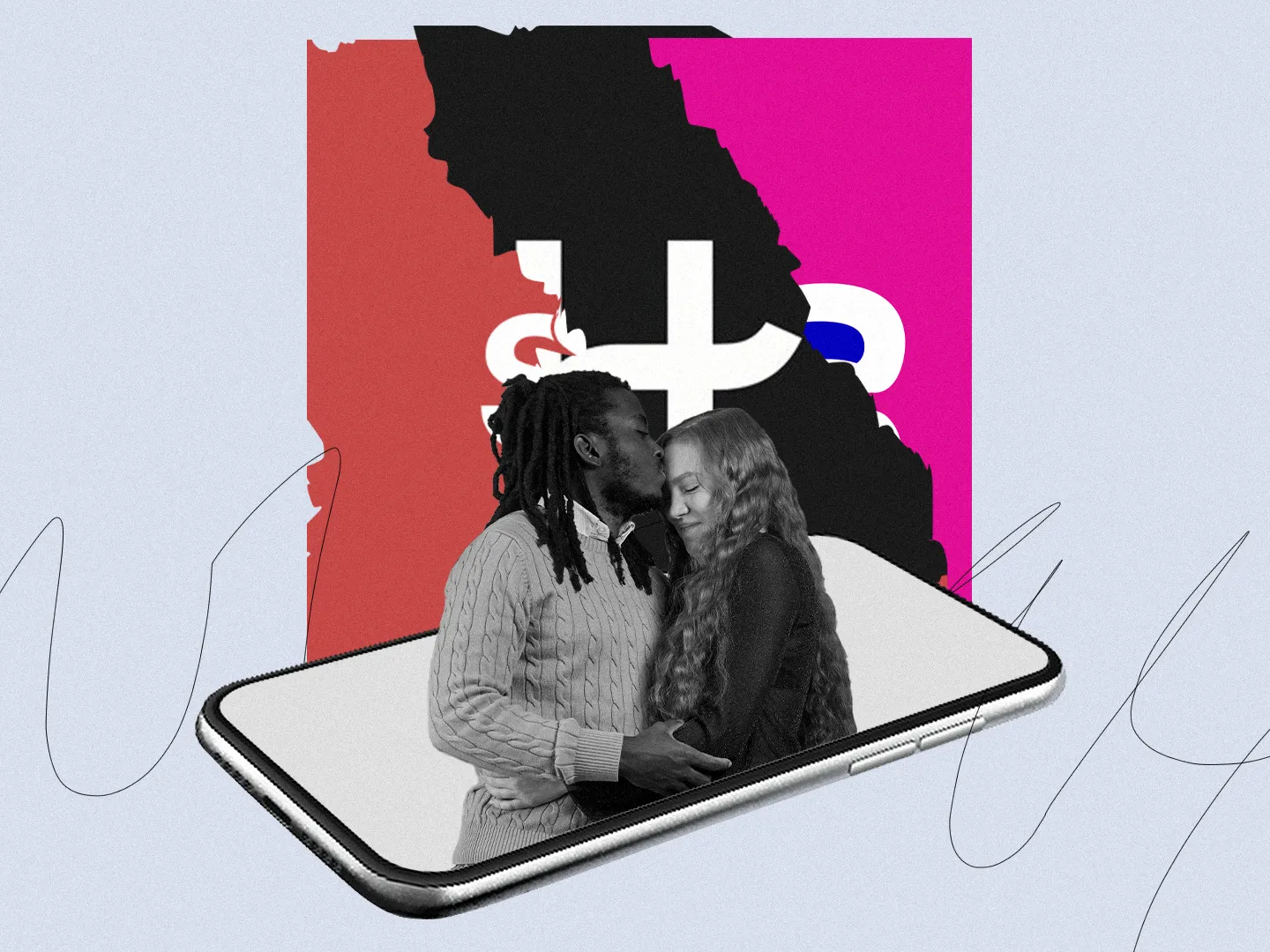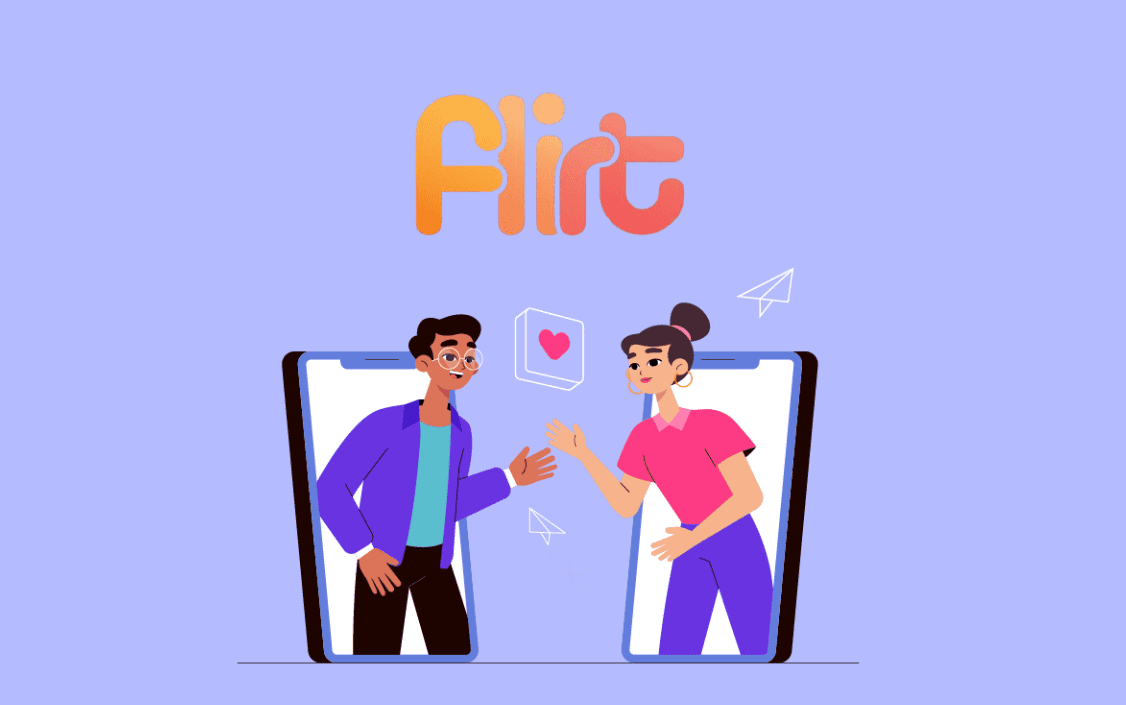Dating via apps and similar methods has become increasingly popular in recent years, especially among young people. But how problematic is the online dating revolution really?
Swipe left, swipe right, then a match, and in the best case scenario, true love. Dating apps have become an integral part of dating culture. This year alone, 66 percent of internet users between the ages of 30 and 49 reported having used an online dating platform.One thing is certain: dating culture has changed in recent years. The development of the first dating app revolutionized not only online dating, but the entire dating market: Whereas previously, meeting someone in person was a prerequisite for a date, today simply opening an app is enough to meet your future partner.
Dating apps don’t just have advantages
Getting to know each other using dating apps can therefore have several advantages. Not only is the initial approach quicker and easier online than in real life, but dating apps also provide a pool of people who are looking for a partner just like you. At the same time, dating apps offer the opportunity to meet people you might not have otherwise met.But alongside the advantages, using dating apps also comes with disadvantages and problems. While we can perceive everything about our counterpart when meeting someone in person in real life, certain impressions like
smell or the sound of their voice are missing when dating online. However, such impressions are essential for perceiving a person and subsequently assessing whether you want to get to know them better.
The swipe system as a danger
Another factor that underscores the problematic nature of the dating revolution is the inherent risk of addiction. While dating apps offer access to a pool of like-minded people, this limitless choice also poses a psychological threat.In particular, the seemingly endless possibilities of finding a new match, combined with the swipe system used by many dating apps, poses a danger. The thrill of swiping combined with the constant selection of new matches can lead to addictive behavior among users.
Dopamine release during a match
The dopamine balance in our brain is responsible for this, as relationship expert Stella Schultner knows:
Dopamine is released when we receive a so-called reward.“
Stella Schultner, relationship expertSimilar to gambling, the brain releases dopamine when users win, i.e., get a match. However, because swiping is unpredictable when and if a new match will occur, an addiction to increasingly frequent swiping can develop.
The fear of missing the perfect match
“Fear of Missing Out” – FOMO for short – is the term for a phenomenon that is also widespread in online dating: It describes the fear of missing out.Psychologist Stella Schultner classifies the phenomenon as follows:
In the dating context, it’s a bit like the fear of missing out on an even better person.“
Stella Schultner, relationship expertIn dating, FOMO describes the fear of missing out on a seemingly perfect match or relationship because you’ve already committed to someone else. FOMO can therefore trigger hasty decisions when swiping and constantly switching partners, thus harming your chances in online dating.

is an American author, blogger, and cybersecurity specialist based in Florida. He developed an interest in writing during his school years, which later led him to create content aimed at raising awareness about various forms of online scams, particularly in the world of online dating.
On his platform, Scam Service Report, Hall shares analytical articles and practical advice to help users recognize and avoid traps set by scammers on dating websites. He describes common scam scenarios in detail—such as quick declarations of love, urgent requests for money transfers, refusal to engage in video chats, and attempts to move conversations off the dating platform.



